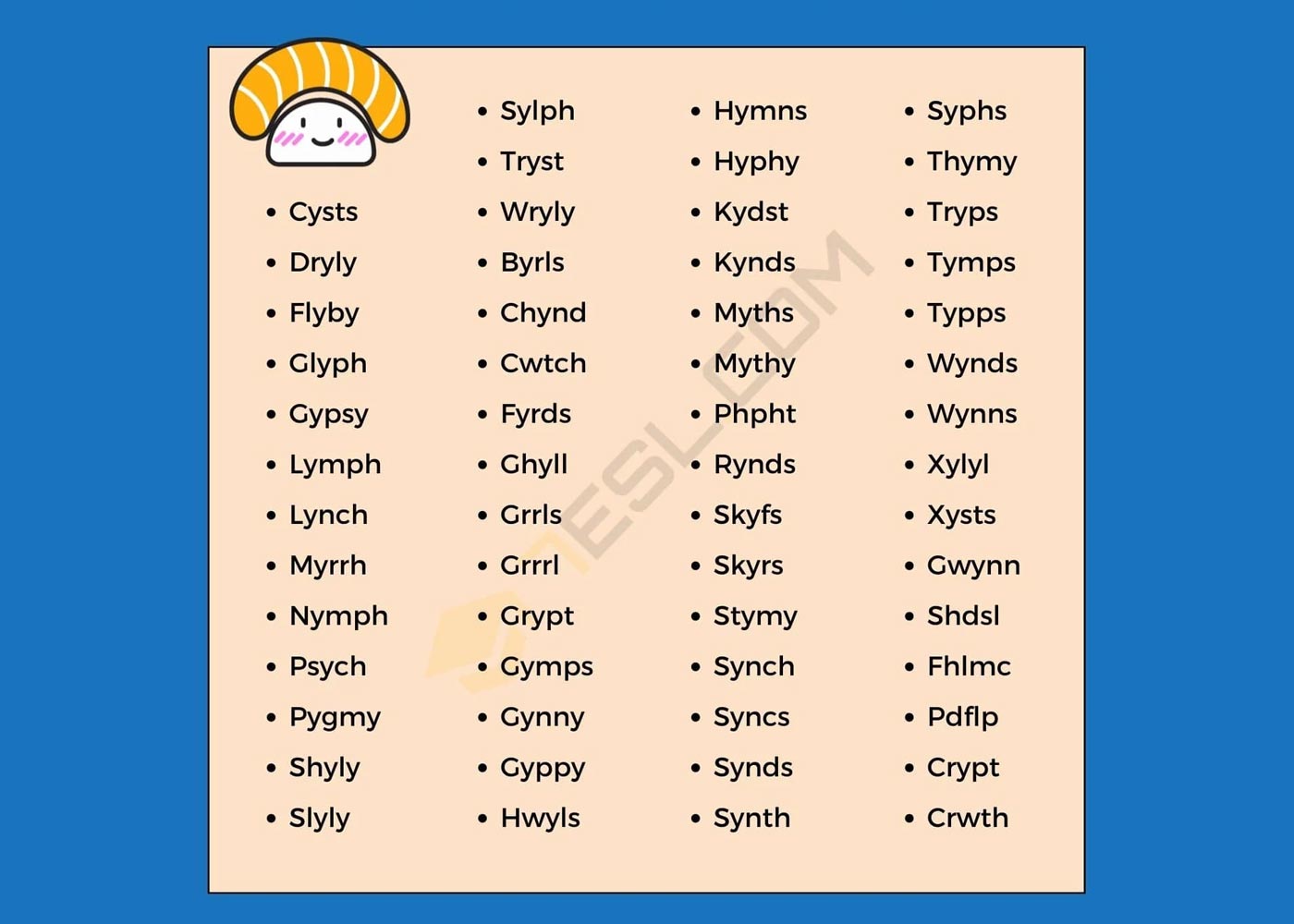
Insurable interest is defined as a person's reasonable desire to obtain insurance for any individual or property against unforeseen events such as death, loss and more.
Who has an insurable interest in the property?
The most basic reason is that the property's owner has an insurable interest in it. What about the property with many owners? They have an insurable interest in the property in proportion to their ownership. If two persons possess 50% of a house, they each have a 50% insurable interest in that house.
What is the distinction between insurable interest and insurable interest in property insurance?
The would-be insured must have an insurable interest in the property to purchase property insurance. An insurable interest is a real and substantial interest in a specific property that would result in a loss to the insured if the property were damaged.
Is it necessary to have an insurable interest in a property insurance policy?
Yes, A person owns property with an insurable interest. Assume Scott purchases a warehouse for $1 million in cash. Scott will incur a $1 million financial loss if the structure is destroyed six months later. Assuming Scott insured the warehouse under a property policy, he will be able to seek reimbursement from his insurer for the loss.
When a building owner sells the property, he forfeits his insurable interest in it. Assume Scott sells the warehouse and the building burns down a month later. Scott will not be entitled to an insurance payment for the loss because he does not have an insurable interest in the building at the time of the loss.
What is an example of insurable interest?
An example could be a policyholder purchasing property insurance for their own home but not for their neighbour's home is an example of insurable interest. The individual has no insurable interest in any financial loss caused by damage to their neighbour's house.
As a result, the principle of insurable interest is based on the absence of moral hazards in a policy. A moral hazard occurs when a policyholder has an incentive to cause property damage and then claim insurance.
Does a tenant have an insurable interest in a property?
As a result, a tenant may have an insurable interest in the leased property. If this issue arises in one of your claims, be prepared to respond. Make sure to identify and present to the insurer all of the reasons why the insured had an interest in the property.
What happens if the insurance contract has no insurable interest?
If insurable interest is not required, the contract is a gambling contract that is detrimental to the public interest. For example, you could insure someone else's property and hope for a loss early on.
Is it possible to have an insurable interest in property yet not own it?
Insurable interest is a legal concept that states that an insured must have a financial or other interest in the claimed, damaged property before receiving coverage. Although this concept is simple, it can be difficult to apply, such as when an insured does not own the claimed property.
What is the fundamental prerequisite for an insurable interest?
The policyholder would purchase insurance on the item or entity in question to exercise insurable interest. The policy must not create a moral hazard by providing a financial incentive for a policyholder to allow or even cause a loss.
The Watchtower Dubai is an experienced insurance company with specialists who can answer any coverage questions you may have. You can also work with a local insurance agent to ensure that your small business is adequately protected. We're here to help if you have any questions about purchasing tail coverage or how it can benefit your business.




















Comments (0)
Write a Comment